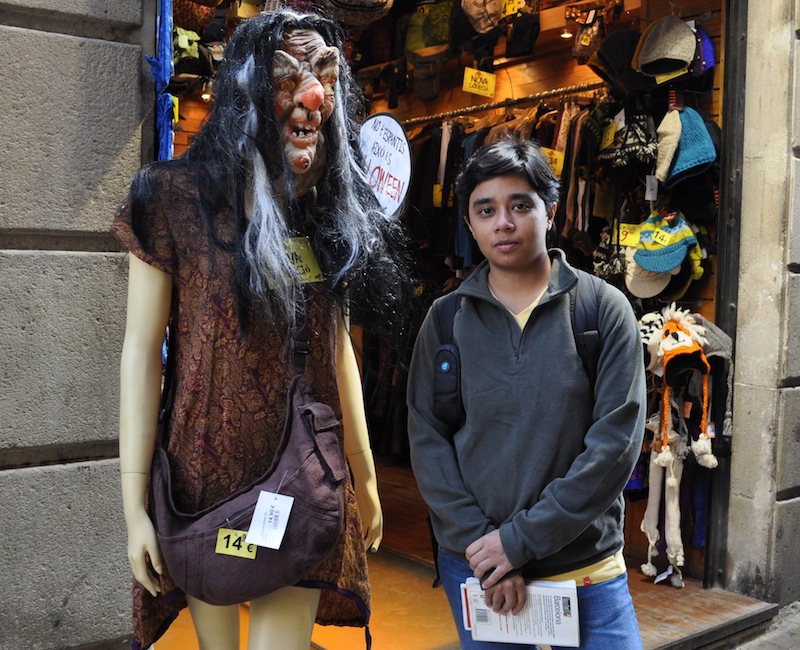First of all, congratulations of writing down your dream work! That’s a huge achievement. Now you’ve to do something that might be much more difficult. You have to summarise your book, which can be anywhere between 50,000 to more than a lakh of words, into a little, nightmarish thing called a ‘pitch’. A cover letter or email which you will send across to editors across the country. That one pager which will make all the difference on whether the editor will even pick up the first chapter of your manuscript.
Focus it well
We authors might be great at long form but when it comes to creating the right pitch, many of us fail miserably. In this scenario, the concept of an elevator pitch is quite helpful. If you meet a stranger in an elevator (the speedy ones), what will you say your book is about? You have five seconds. Do this exercise again and again till you cut all the vague meat off your book and know EXACTLY what to say about your book. Then write the email you’re going to send a publisher.
Be brief and precise
Any good publishing house gets a whopping number of book pitches a day. They call it the slush pile, because a lot of them are badly written emails, unclear and confused. Editors don’t have time to wade through each of them. They go by instinct and a well-written, focused email will always turn them on. It helps to know what each editor is looking for. So instead of a generic email to all, try and send a personalized one to up your chance.
Edit it well
There’s a reason why editors are called ‘editors’. They are worshippers of grammar and spelling and the rules of language. They crave for great books, but one thing that completely alienates them is a badly written cover note. So once you’ve prepared your pitch, read it, edit it. Keep it there for a day or two, look at it with fresh eyes and edit it again. Make sure there are no spelling mistakes, grammar mistakes or badly structured sentences.
Be professional
You might be emotional about your book, but most editors will look at it with the possibility of its salability. Any kind of emotion, overconfidence, pleading, moral stance completely turns off most editors. Editors represent a business which wants to make money off the books they publish. So it’s best to be professional about it. Make a level headed, clear pitch, put in exactly which genres the book belongs to, who is the target audience (no, the whole wide world is not going to read your book) and how it can be sold and marketed. Your pitch should be creative but also focused and professional.
Do take advice
Know of an industry professional? Ask for help. Discuss the pitch with your initial readers, see what they say about your book. You’re just going to get a few seconds of attention from every publisher that you’re going to send your book to. So make sure the pitch is the best you can prepare. Spend some time over it now so that the chances of your book being accepted increases.
Here’s wishing you success! For more tips on writing, head to this section.
(Also posted at: HuffingtonPost, JaipurWomenBlog)

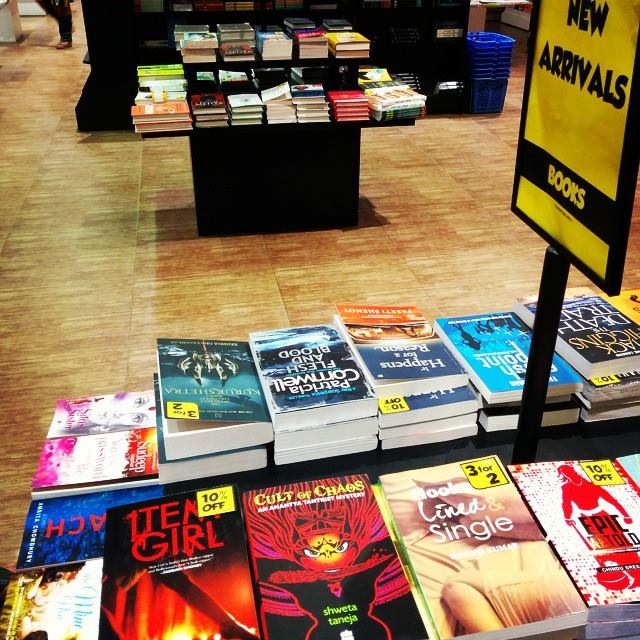
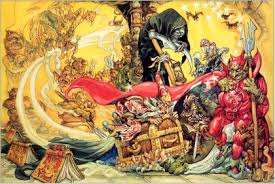
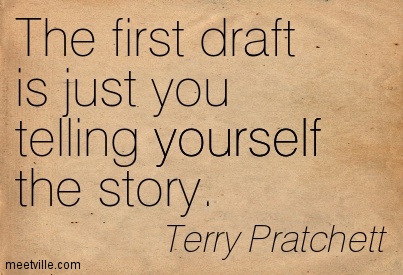 The Amazing Maurice is a fantasy book. Of course, everyone knows that fantasy is ‘all about’ wizards, but by now, I hope, everyone with any intelligence knows that, er, what everyone knows…is wrong.
The Amazing Maurice is a fantasy book. Of course, everyone knows that fantasy is ‘all about’ wizards, but by now, I hope, everyone with any intelligence knows that, er, what everyone knows…is wrong.
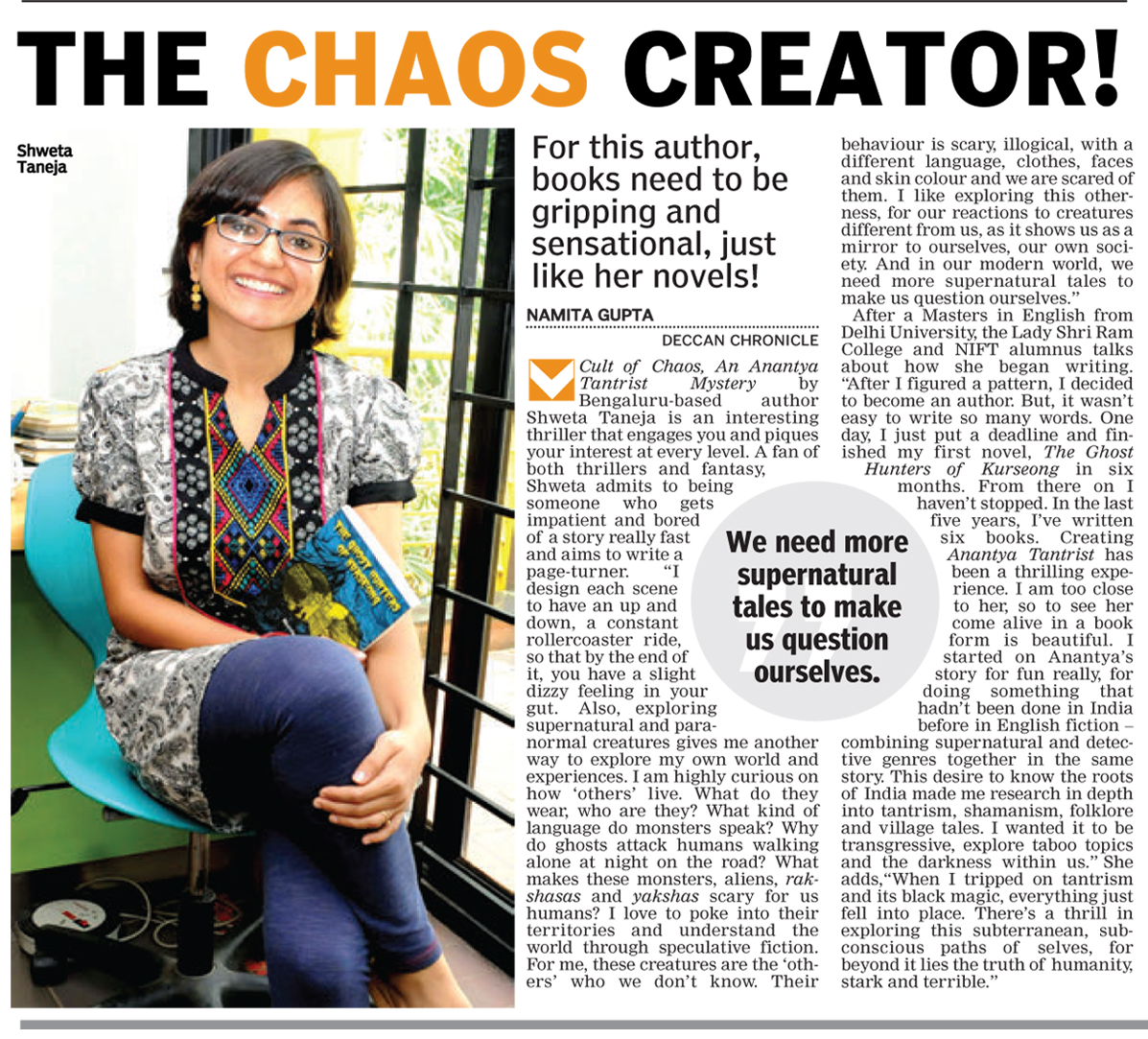

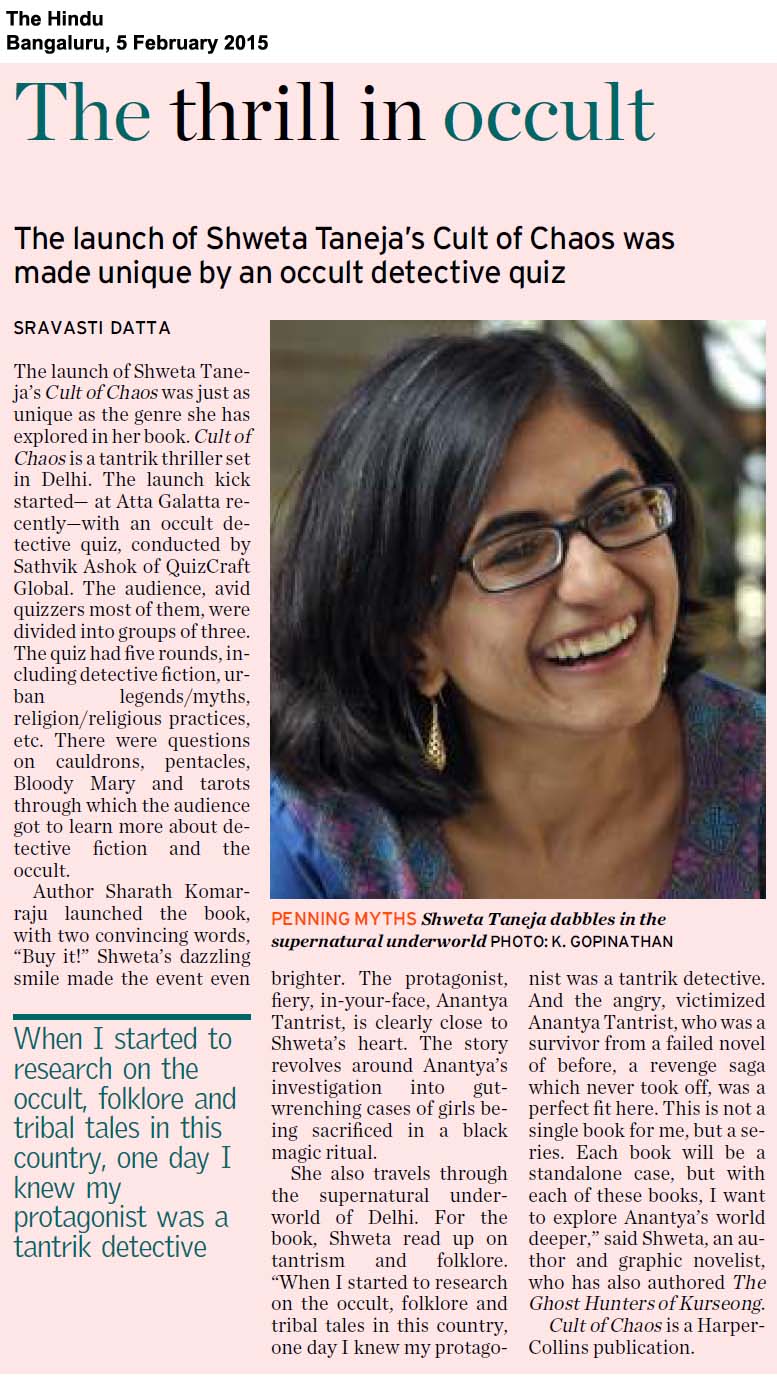
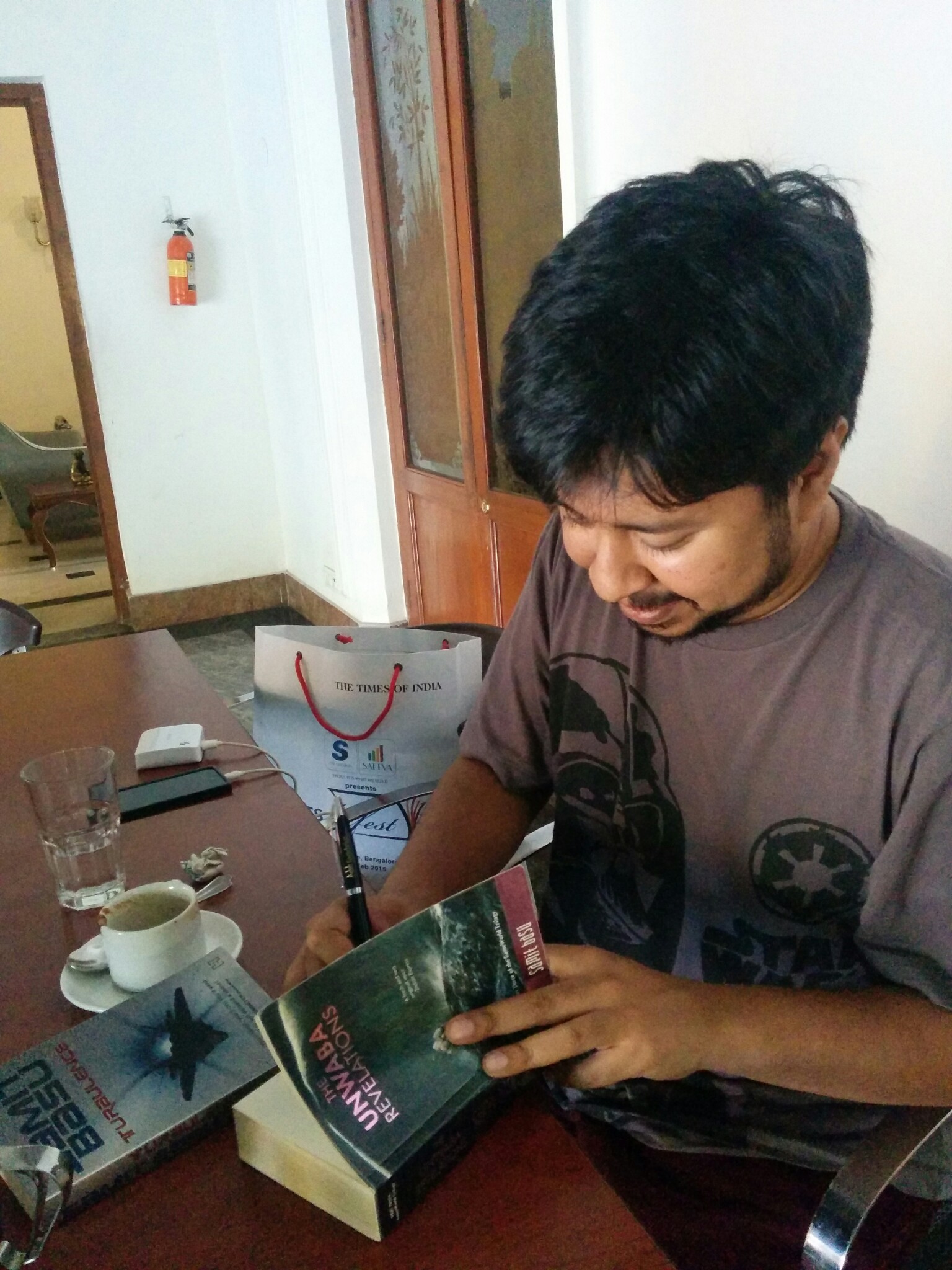
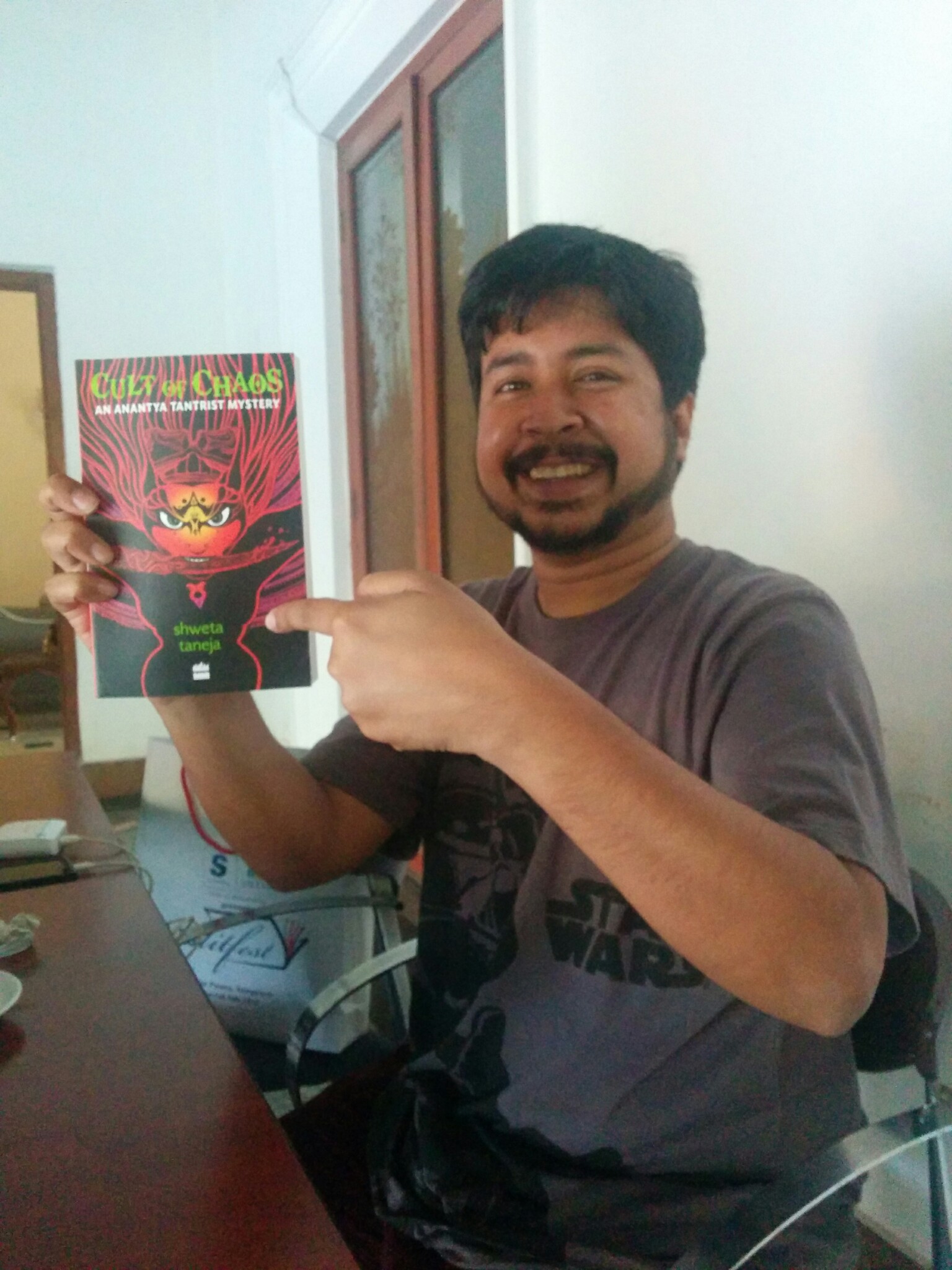




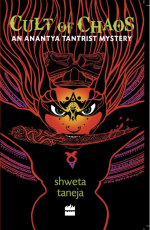 =============
=============